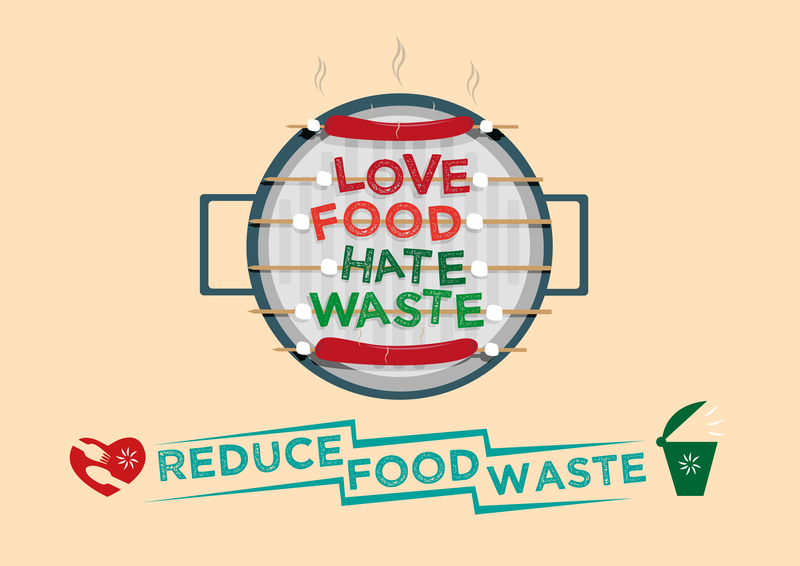Environmental Gains from Recycling Metals
In today's rapidly industrializing world, the importance of recycling metals cannot be overstated. This practice not only aids in conserving our valuable resources but also has a substantial positive impact on the environment. Let's delve into the numerous environmental benefits of metal recycling and why it's crucial for sustainable development.
Understanding Metal Recycling
Metal recycling is the process of collecting, processing, and repurposing metals that have reached the end of their life cycle. From aluminum cans to copper wires, numerous metal products can be recycled. The recycling process involves collecting and sorting metals, often followed by cleaning, melting, and molding into new products.
Types of Recyclable Metals
- Ferrous Metals: Includes metals like iron and steel. These metals are often used in construction and manufacturing industries.
- Non-Ferrous Metals: Such as aluminum, copper, and brass, which do not contain iron. These metals are widely used due to their resistance to rust and corrosion.

Environmental Benefits of Recycling Metals
The process of recycling metals brings significant ecological advantages, which are crucial in today's fight against climate change and environmental degradation.
1. Reduction in Energy Consumption
One of the most significant environmental gains of recycling metals is the reduction in energy consumption. It is exponentially less energy-intensive to recycle metals than to extract and process virgin ore. For example, recycling aluminum uses about 95% less energy compared to primary production. Similarly, recycled steel saves around 60% energy.
2. Conservation of Natural Resources
Extracting metals from the earth requires significant resources. Mining operations consume vast amounts of water and energy while leaving a massive environmental footprint. By recycling metals, we can conserve natural resources and ensure they are available for future generations. Recycling also helps reduce the demand for virgin resources, alleviating pressure on the earth's dwindling mineral reserves.
3. Reduction in Landfill Waste
Metals that are not recycled often end up in landfills, where they can take decades, if ever, to decompose. This contributes to landfill overcrowding and leads to other environmental issues such as soil and water contamination. By recycling metals, we significantly reduce the quantity of waste sent to landfills, enhancing landfill management and promoting a healthier ecosystem.
4. Decrease in Greenhouse Gas Emissions
Metal recycling processes generally emit fewer greenhouse gases compared to primary metal production. By utilizing less energy and resources, the recycling process reduces carbon emissions significantly. This reduction plays a critical role in mitigating climate change, making metal recycling a vital component of global carbon reduction strategies.
5. Prevention of Pollution
The process of mining and refining metals involves the release of harmful substances into the air and water. These pollutants can devastate ecosystems and pose significant health risks to humans and wildlife. Recycling reduces the need for these resource-intensive processes, thus preventing pollution and safeguarding the environment.
The Economic Angle: Job Creation and Cost Efficiency
Beyond the environmental spectrum, metal recycling contributes immensely to the economy. The process requires a skilled workforce for collection, sorting, processing, and manufacturing, thus creating numerous job opportunities. Additionally, recycling metals is cost-effective, providing industries with cheaper raw materials that are obtained at lower production costs than mining and refining virgin metals.
Furthermore, products manufactured using recycled metals are often cheaper, providing economic advantages to consumers and encouraging more sustainable purchasing decisions.

Challenges and Solutions in Metal Recycling
Despite its many benefits, recycling metals is not without its challenges. Contamination in the recycling stream, for instance, can lower the quality of the end product. Moreover, not all metals retain their integrity through numerous recycling processes, which can lead to material degradation over time.
Solutions include:
- Implementing stricter waste management practices to reduce contamination.
- Advancing recycling technologies to enhance the quality and efficiency of metal recovery processes.
- Raising public awareness to encourage proper sorting and recycling practices.
The Future of Metal Recycling
The landscape of metal recycling is set for significant advancements with the integration of cutting-edge technologies. Innovation in areas like AI and robotics promises to streamline recycling processes, making them more efficient and less labor-intensive. The development of new materials and recycling technologies will also support the recycling of a broader range of metals, further bolstering sustainability efforts.
Conclusion
The environmental gains from recycling metals are multifaceted and profoundly impactful. From conserving energy and resources to reducing greenhouse gas emissions and pollution, the benefits are considerable. As the world continues to face mounting environmental challenges, embracing metal recycling is not just beneficial--it's imperative. By investing in and improving recycling practices, we can foster a more sustainable and environmentally friendly future for generations to come.